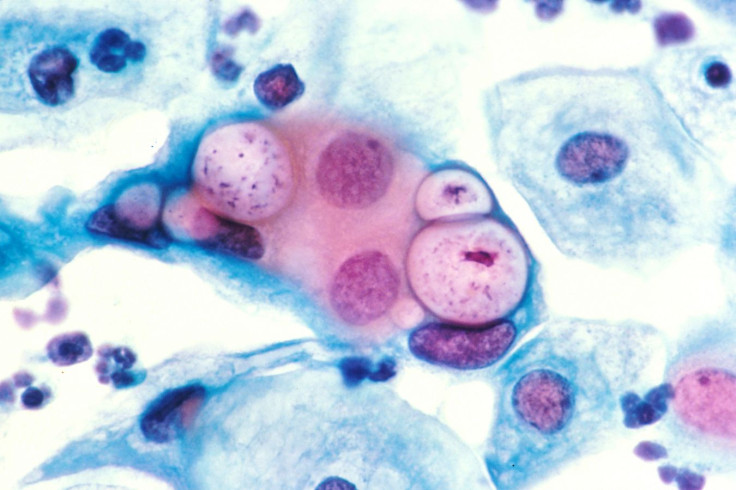Chlamydia Outbreak In Texas High School Sees 20 Confirmed Cases; Health Officials To Talk Sex Education

Health officials are expected to meet with teachers and parents on Monday after a recent outbreak of chlamydia at a high school in the small West Texas city of Crane. Officials will detail the school’s sex education program and discuss the spike in sexually transmitted diseases, or STDs, something they say is a growing problem in some Texas school districts. State health officials were alarmed by the outbreak at Crane High School, which has about 300 students and has confirmed 20 cases of chlamydia in recent weeks, according to local reports.
The Crane Independent School District mailed a letter to high school parents on Friday to notify them of the chlamydia outbreak, according to the Associated Press. Letters were also sent to junior high parents, however officials confirmed that only high school students were affected by the outbreak.
“This happens in any town, but just for it to hit close to home, I mean parents need to be aware of the situation and make sure they tell their kids to be safe and practice safe sex," Diana Martinez, a Crane parent with young children, told KWES-TV. “I guess now that it's actually getting big, especially if it's coming out in the news, I mean that's pretty nasty.” While chlamydia is curable, it can cause permanent damage to women’s reproductive systems if left untreated.
Adolescents aged 15 to 19 have the highest rates of chlamydia and gonorrhea, another common STD, of any age group in the U.S. Nationally, about 548,000 cases of chlamydia, gonorrhea, and syphilis were reported among American high school students in 2013, according to a report from the U.S. Centers for Disease Control and Prevention. Eight of the 11 states with the highest overall STD rates were in the South.
The recent spike in Texas high school STD cases wasn’t isolated to Crane. In recent years, syphilis cases in Dallas County Schools have increased by 31 percent, according to the Dallas County Health and Human Services. In April, health officials reported a surge in the number of chlamydia cases among all age groups in El Paso.
© Copyright IBTimes 2024. All rights reserved.












